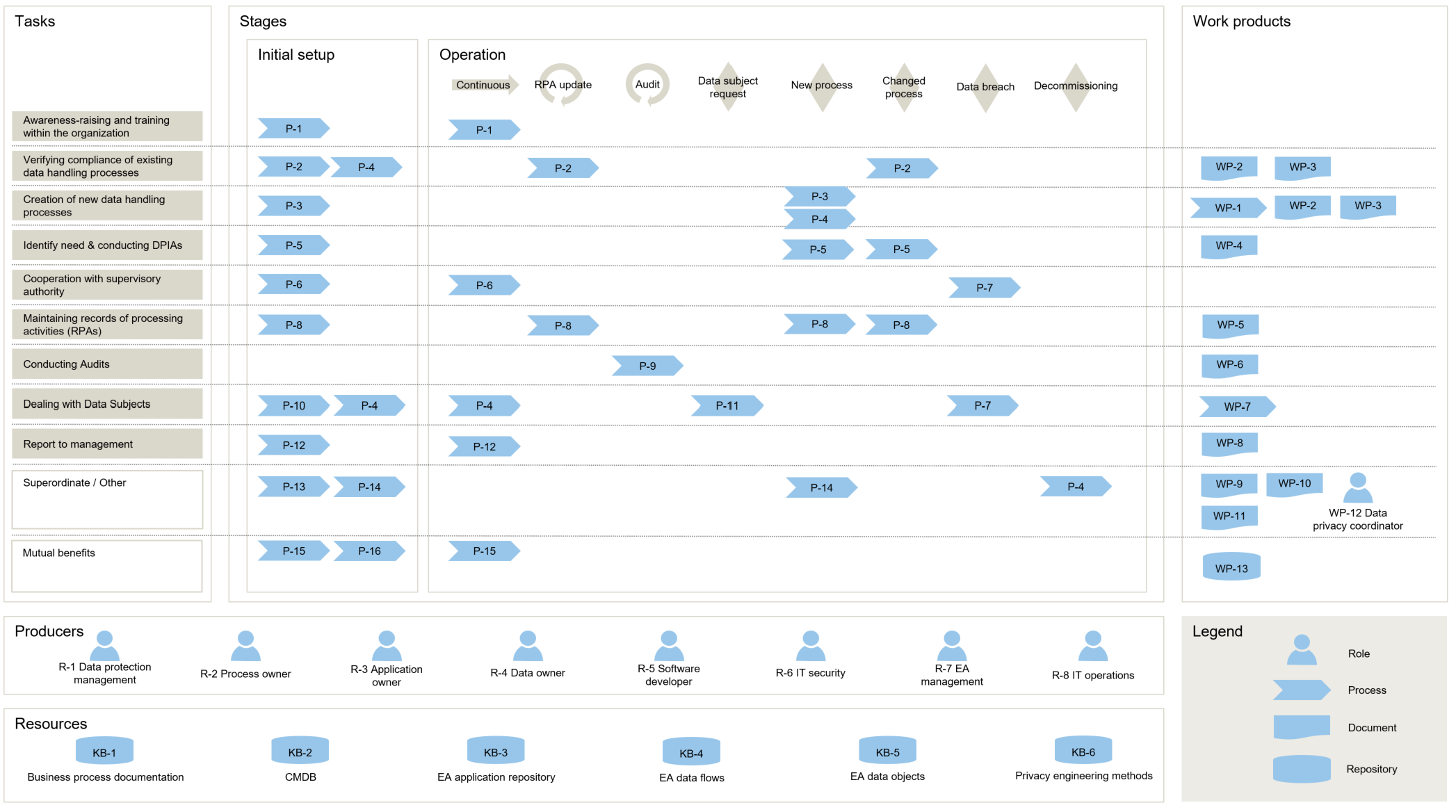Report on Privacy-Enhancing Technologies is Out!
Jun 17
With a team consisting of Alexandra Klymenko, Stephen Meisenbacher, and Florian Matthes, sebis is proud to present our latest technical report, titled Privacy-Enhancing Technologies: A Comprehensive Guide for Non-technical Practitioners.
In this 78 page report, we provide a comprehensive overview on the basics of five popular Privacy-Enhancing Technologies (PETs), as well as incentives to adopt them, their main benefits and limitations, and the harmonization of PETs and Privacy-by-Design thinking. These topics are covered in an easy-to-understand and practical manner, focused on being accessible even to the non-technical audience.
Download our free report today, and dive into the world of PETs!
Check it out at: https://mediatum.ub.tum.de/1783782
For a more interactive PETs experience, head to https://privacyeducation.tech , where you can put your newly acquired PETs knowledge to the test!

